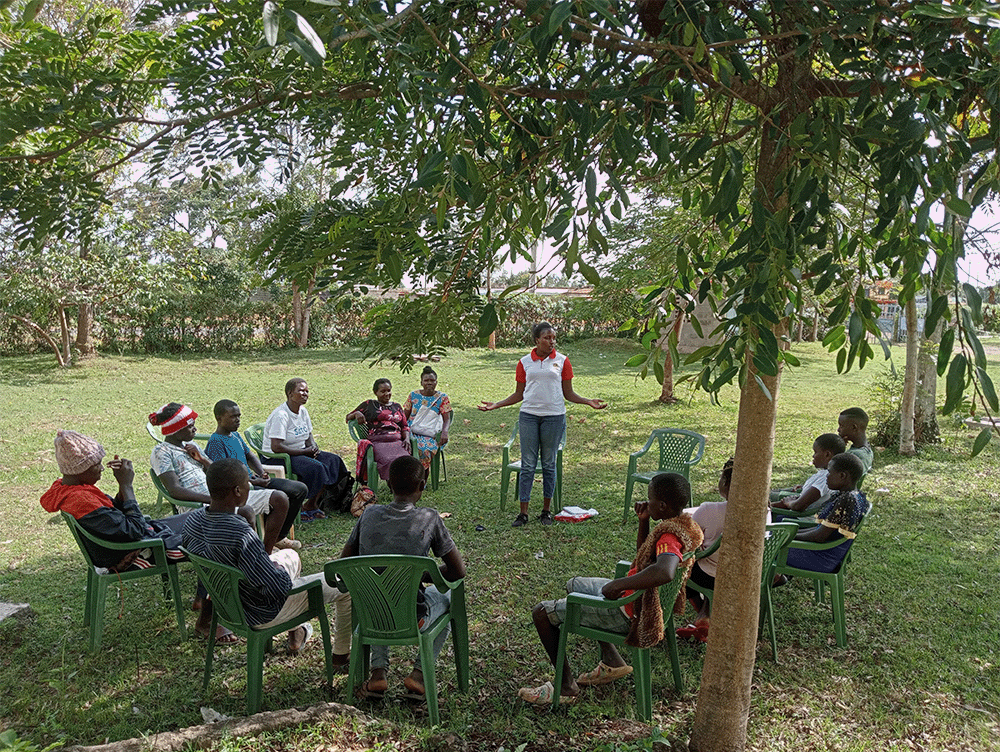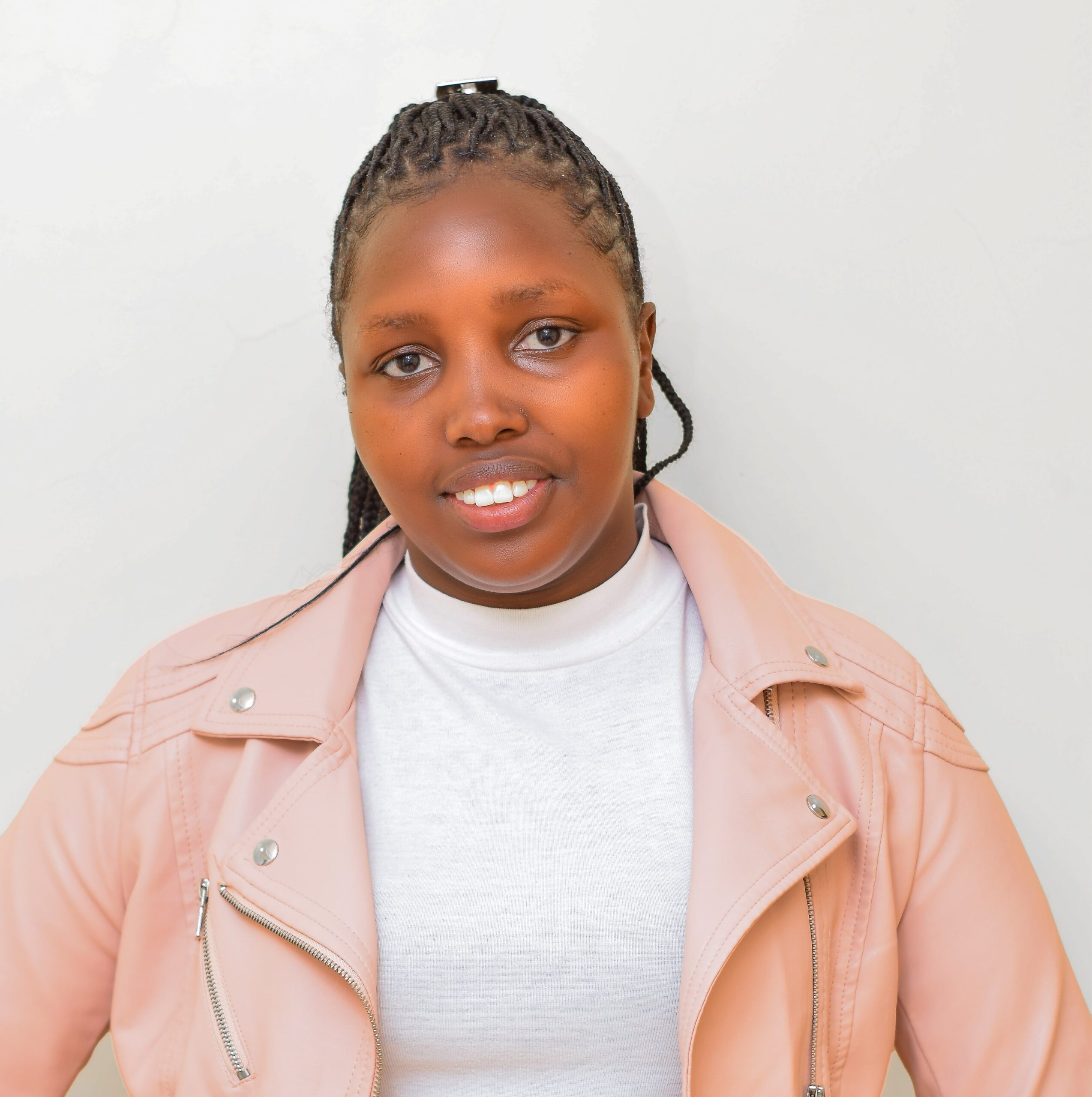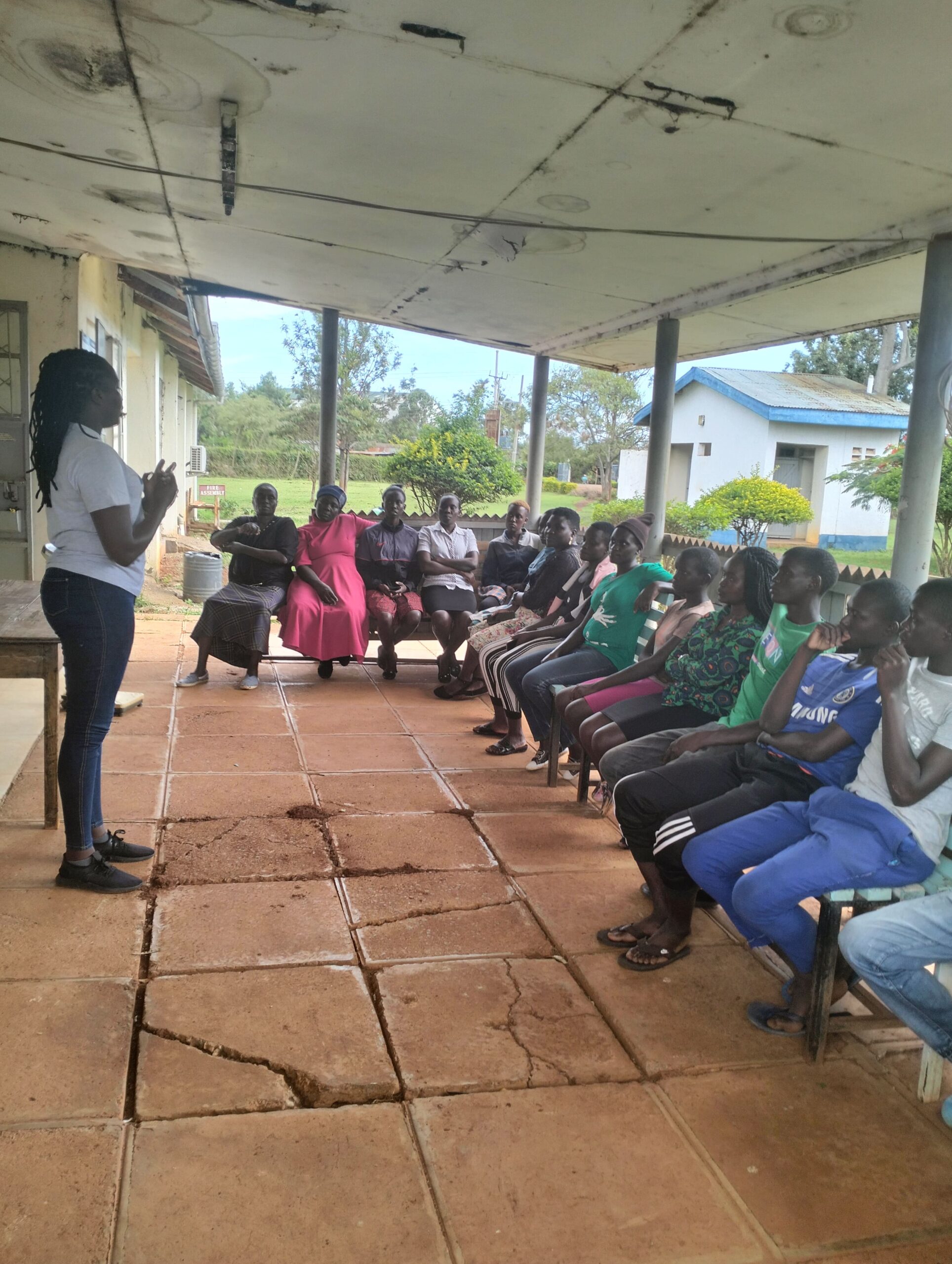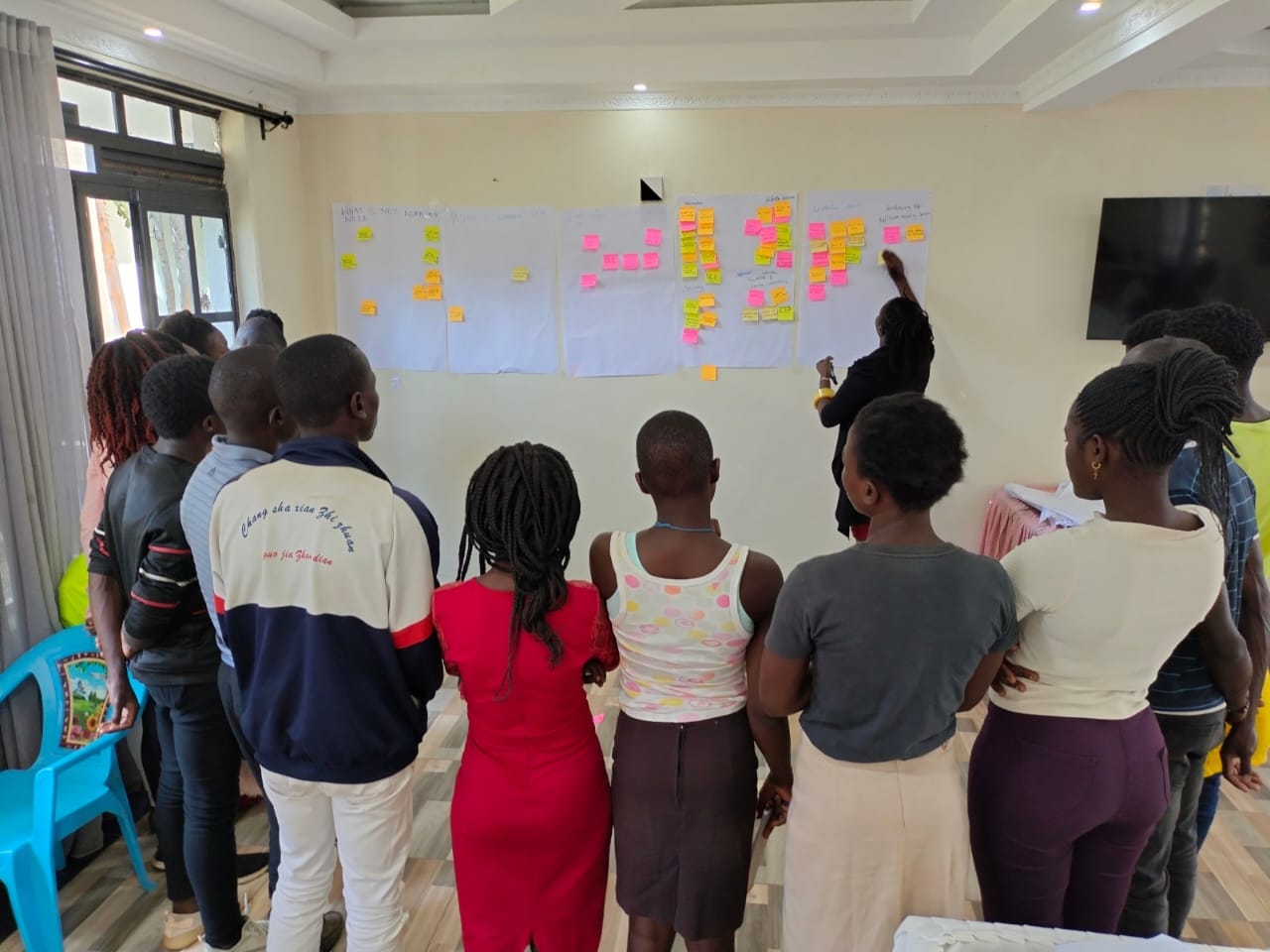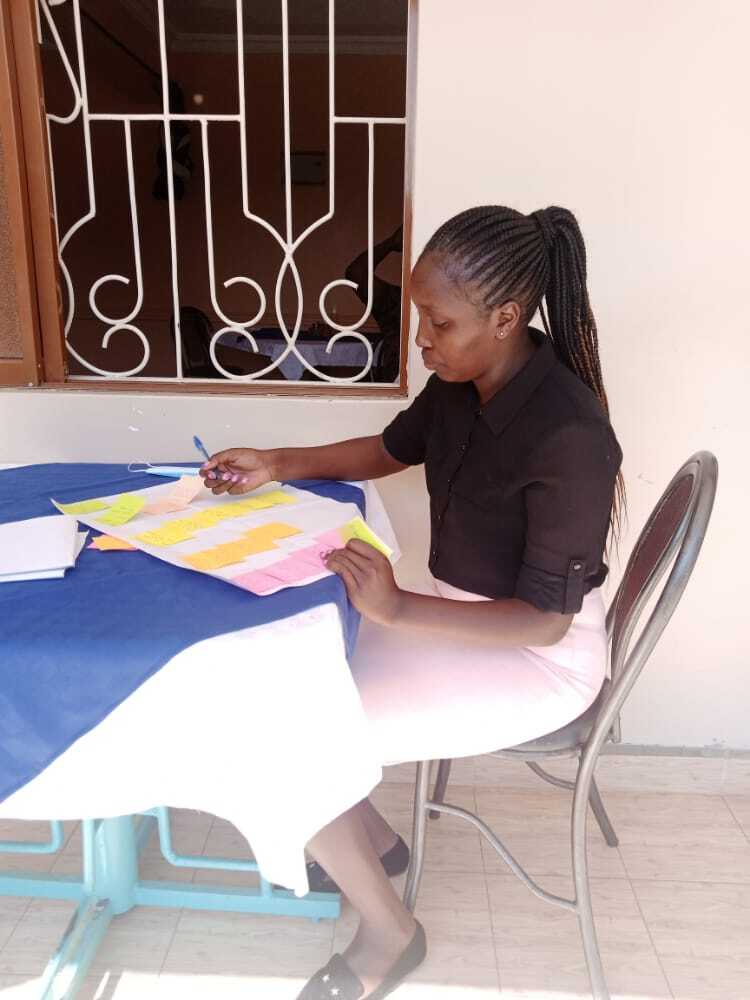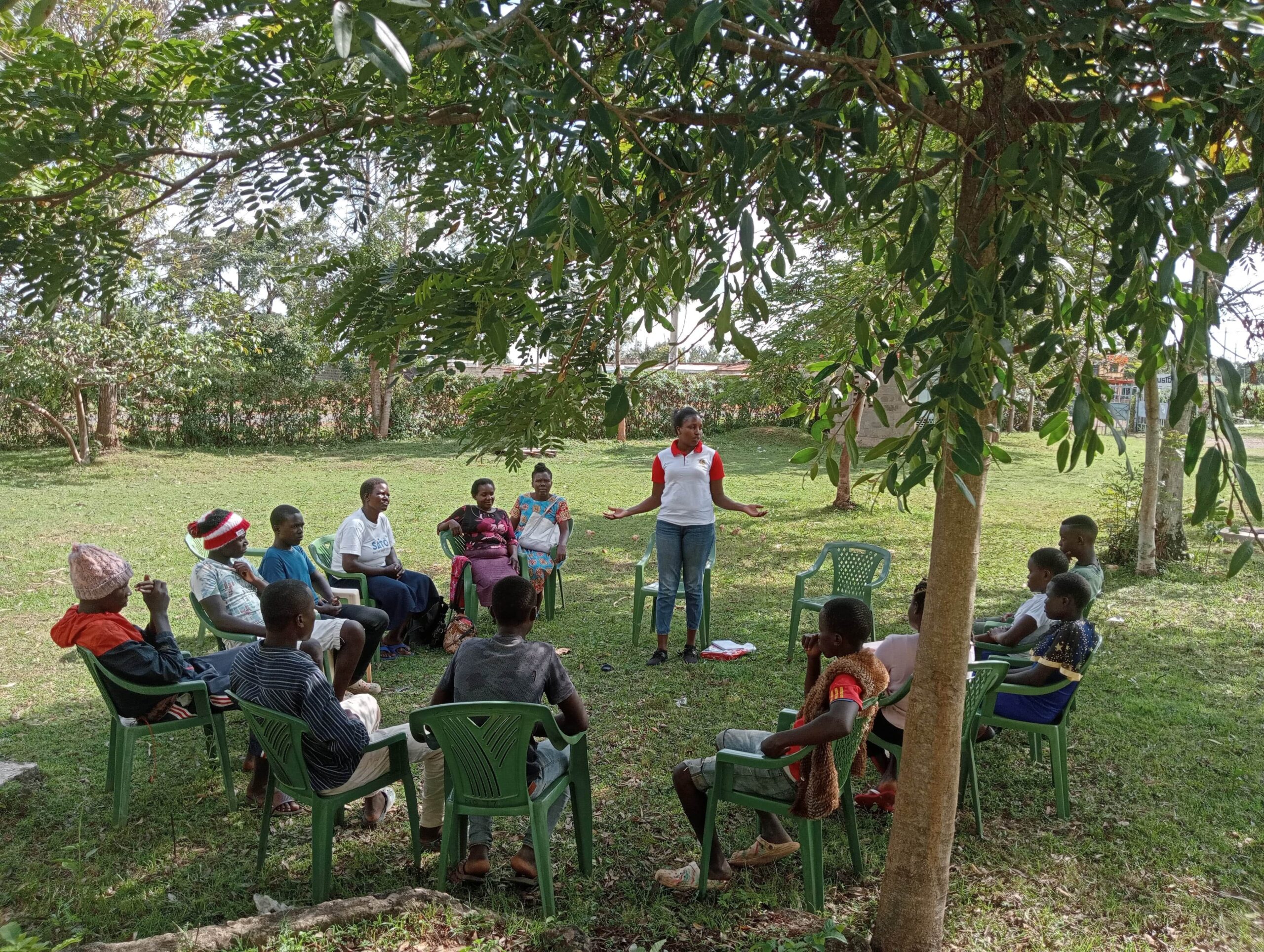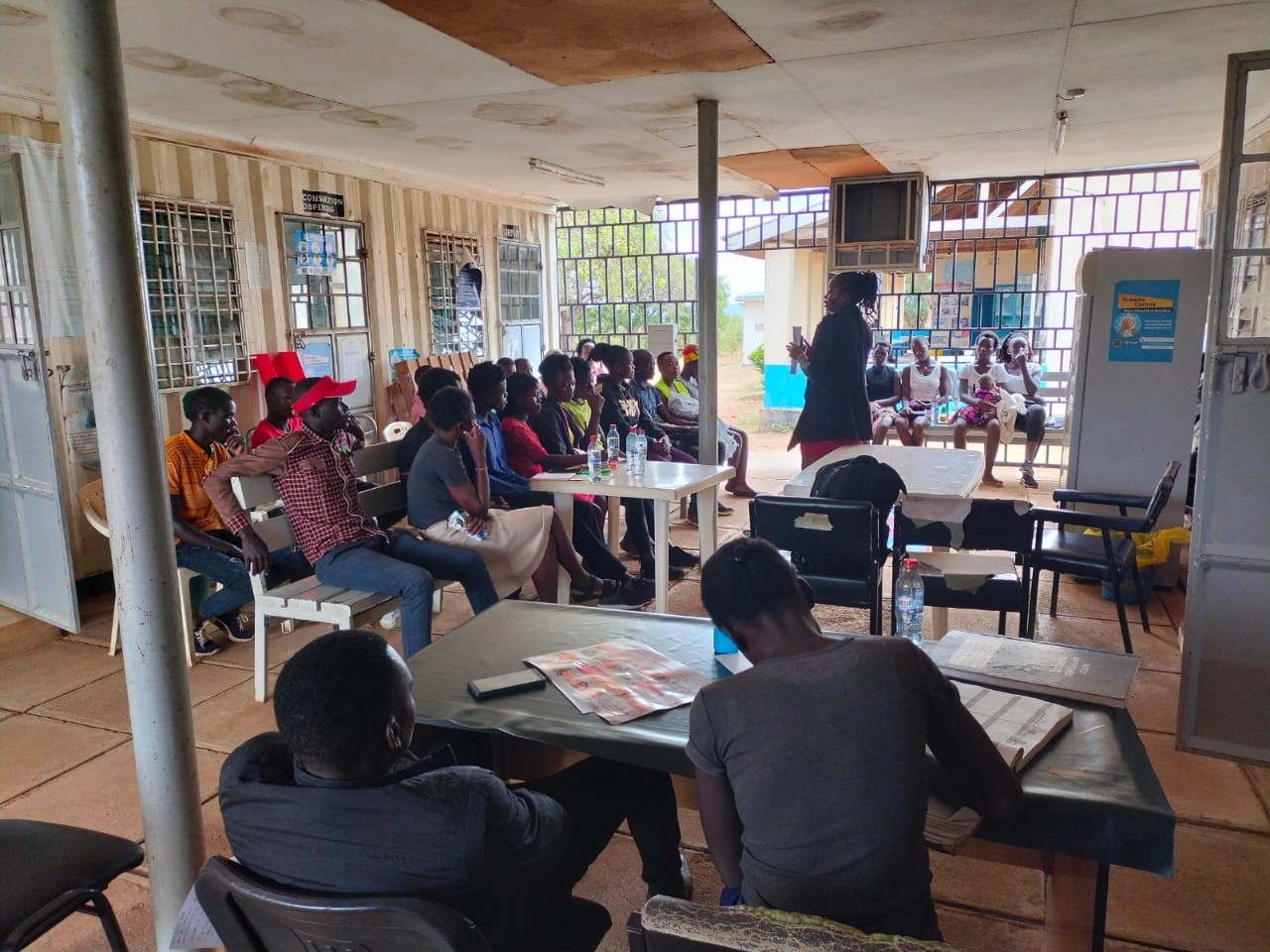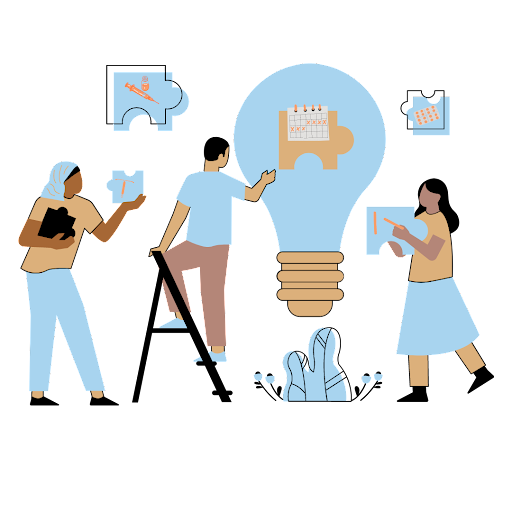Conversations about sexual reproductive health can be uncomfortable for many young people, but they are essential. Accurate information and access to resources are critical in preventing unintended pregnancies, sexually transmitted infections, and gender-based violence. It is essential to provide platforms where young people can ask questions and learn about their sexual reproductive health.
In areas where access to sexual reproductive health resources is limited, interventions like intergenerational dialogues with adolescents and their mothers, and storytelling with parents, can be helpful. These interventions help break down barriers that prevent girls from accessing sexual reproductive health services. For example, girls may lack autonomy over their bodies because their husbands or mothers-in-law control them.
Interventions like these are essential in creating a safe space for young people to learn about sexual reproductive health. It is also critical to advocate for policies that promote sexual reproductive health rights and access to resources. Young people must be empowered to make informed decisions about their sexual and reproductive health. Mentorship is another important element in strengthening young people’s agency and confidence to make positive decisions about their sexual and reproductive health
In conclusion, my journey toward advocating for sexual reproductive health started at a young age and has been long and intentional. Along the way, I have built my skills through a lot of training, been exposed to different knowledge sources, and platforms, and made meaningful connections. Through my work, I have learned that conversations about sexual reproductive health are necessary, but they can be uncomfortable.



